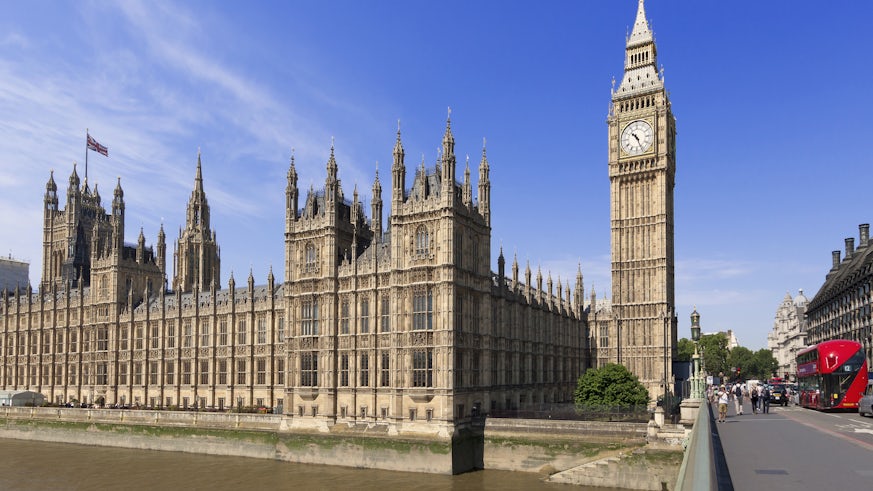Effective communication between politicians and constituents vital for sustained political participation, experts say
11 June 2020

The way politicians communicate with constituents has never been more important than during the COVID-19 pandemic, say experts.
Dr Nikki Soo of Cardiff University led a study with Dr James Weinberg and Dr Kate Dommett at the University of Sheffield, which investigated how people reacted to different communications they might receive from an MP. Politicians typically receive thousands of queries every year from constituents raising concerns or asking for action on a specific issue.
The results of the study showed that personalised responses to enquiries through letters, emails and social media messages could significantly improve citizens’ satisfaction with their representative and likelihood of engaging with a politician again in the future. Quicker but less personal responses could only marginally improve satisfaction. There was little variation in outcomes depending on which form of communication was used.
Dr Nikki Soo, based at Cardiff University’s School of Journalism, Media and Culture, said: “Our research shows the importance of effective communication between politicians and the public. The COVID-19 pandemic has made these interactions even more crucial. As people in the UK look to those in power for reassurance during this crisis, tailored responses which address citizens’ specific concerns can make the most impact.
“However, this is not always easy. MPs are ordinarily dealing with thousands of queries and this could increase as the wider impact of this crisis becomes clearer. The creation of a code of best practice for MPs’ communication that establishes clear benchmarks and realistic expectations of the form political contact should take, led by political parties or parliamentary bodies such as the Independent Parliamentary Standards Authority (IPSA), would be especially helpful during this challenging time.”
The survey involved 1,500 participants responding to scenario-based questions. Respondents rated a range of hypothetical letters, emails and social media messages based on four issues that politicians might be called upon to deal with: plastic pollution, homelessness, train fares, and NHS waiting times. They were also asked to indicate how satisfied they were with the response and the likelihood of them pursuing future contact with a representative.
Dr Soo added: “If MPs are to continue to serve their constituents, they need to find effective ways of managing the deluge of enquiries they are likely to be receiving. They could, for example, harness the use of virtual conferencing to host advice surgeries and address pressing concerns constituents might be facing. If they don’t, they risk frustrating voters at what is a hugely worrying period in their lives.”
The study, One moment, please: Can the speed and quality of political contact affect democratic health?, is published in The British Journal of Politics and International Relations and is available to view here.
Share this story
The School is a world-leading centre for media teaching and research.



